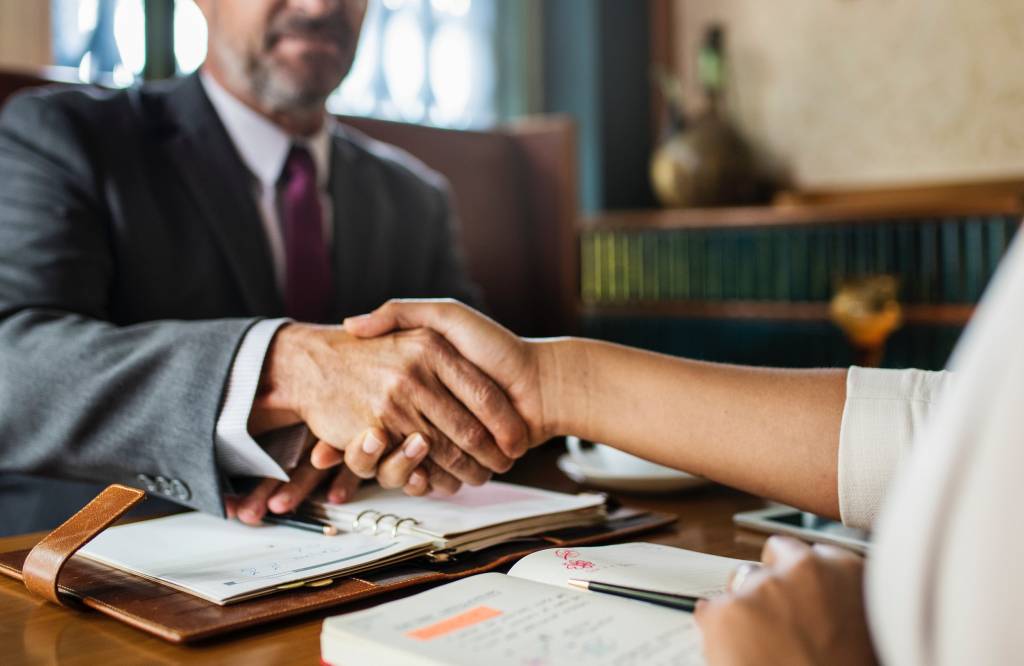
As summer nears, families are already gearing up for spending many hot afternoons by the pool. While swimming is one of America’s favorite pastimes, it should not be overlooked as a potentially dangerous activity. In the United States, drowning is the second leading cause of unintentional injury deaths for children between ages 1 and 14. If you are the owner of a pool, you want to be sure to take the necessary precautions to protect yourself, your family and friends from a potentially hazardous situation. We are a group of Atlanta injury lawyers who can help you take the proper precautions to have a safe, enjoyable time at your family pool.
As a pool owner you are first and foremost responsible for the safety of your guests. Accidents can happen at any time and when you least expect it. If an accident does occur on your property, you can be held to a high degree of liability as the pool owner. This liability applies not only to businesses, hotels or any organizations with a public pool, but also to homeowners as well. If you fail to meet these basic standards of safety, you can be found negligent and at and fault, and face legal action from the injured parties. Here are some steps you can take to help maintain the safety of all guests on your property if you own a pool.
How To Increase the Safety of Your Pool
- Frequent Maintenance: The water in your pool needs proper treatment to maintain the proper safety for your guests. Chlorine needs to contain the correct balance of pH levels in order to prevent illnesses. Contaminated or imbalanced water can cause a Recreational Water Illness (RWI). If there are germs or imbalanced chemicals found in swimming water, it can cause an RWI by simply swallowing, inhaling or coming in contact with them. Additionally, the chemicals used to maintain a proper balance in your pool can also be hazardous to pool maintenance workers and other guests, so it is necessary to have training, wear the proper protective gear, and store any chemicals in a safe place.
- Proper Inspections: In addition, many pool accidents involve missing or broken drain covers. It is important to constantly inspect the covers regularly. The Federal Virginia Graeme Baker Pool & Spa Safety Act has been in effect since 2008, which requires all pool drain covers in the United States to comply with standards which prevent entrapment. If a drain cover is missing, broken or not compliant to these standards, it can result in a swimmer’s hair or clothing to be caught inside, which can cause serious injuries and even drowning deaths.
- Constant Supervision: Drowning can happen in an instant. It can happen suddenly and silently, even before someone is able to even notice a child has gone missing. For this reason, children should never be left unsupervised at a pool for any reason or for any amount of time. Even if it is believed that the children know how to swim, accidents can happen at any time and no small risk is worth losing a life. Remember that statistically children ages 1-4 are at the highest risk of drowning in pools.
- Access to Safety Equipment: It is important to have the proper equipment that can help save a life in case of an emergency. It is recommended to at least have one personal flotation device available, a pole and a rope. It is important that these items are easily accessible to anyone supervising the area. Adults should be aware of how to use these items if a situation arises. Parents and anyone else in supervision over the pool are also recommended to be trained in First Aid and CPR.
- Safety Barriers and Fences: Finally, one of the best ways to prevent accidents is to have proper fencing or barriers surrounding your pool to prevent children from entering without supervision. Swimming pools are considered an “attractive nuisance” to children according to Georgia law. This means that as a pool owner, you can be found negligent if you do not have a locked fence, pool cover or any other protection to prevent access to your pool. Under Georgia law, fences need to be at least 4 feet tall, starting no more than 4 inches from the ground. Additionally, vertical bars should be no more than 4 inches apart. The pool should be enclosed on all 4 sides, with a fence that self locks and closes.
Tips for Supervision
Any adult supervising children should follow the following tips to ensure the safety of all swimmers at or near their private pool. Remember that you are the closest member responsible for preventing a potentially dangerous situation and even saving a life.
- Minimize all distractions such as wearing headphones, reading a book or using your cell phone (though keeping your cell phone near for emergencies is recommended).
- Refrain from excessive drinking, smoking, or using any other substance that can inhibit your quick thinking and reaction time.
- Know where any safety devices are located in case of an emergency.
- Ensure that all young, inexperienced swimmers have properly fitting flotation devices.
- Keep extra pool noodles and flotation devices nearby in case they are needed for any reason.
- If possible, don’t supervise alone.
- Learn First Aid and CPR to be able to help save a life
If you or someone you love has been injured at someone’s private pool, it is important that you seek out the advice of an experienced injury attorney. Accidents due to poor supervision, faulty or missing safety equipment are clear cases of negligence. Pool injuries can be life-changing both physically and emotionally, not to mention the cost of medical expenses. If you have been injured and are looking for representation in Georgia, you could be due compensation for your losses. Consider a visit with our highly experienced and qualified Atlanta injury lawyers.











